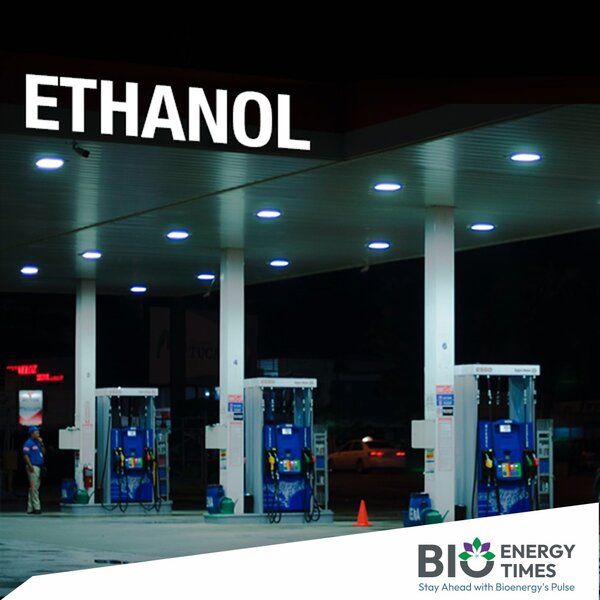Last week, the U.S. Grains Council (USGC) and the American Institute in Taiwan (AIT) co-hosted a conference focusing on the applications and sustainability benefits of ethanol in transportation. During the event, the Council also signed a memorandum of understanding (MOU) with Taiwan’s largest state-owned oil refinery, Chinese Petroleum Corp Taiwan (CPC). This agreement outlines a collaborative effort to advance research initiatives and technical exchanges aimed at introducing gasoline blended with 10 percent ethanol (E10) in Taiwan.
Michael Lu, USGC director in Taiwan, noted that while CPC Taiwan has been offering E3 at various fuel stations since 2007, there has been a lack of supportive policies to address consumer concerns about engine damage from ethanol, as well as issues related to the costs of ethanol imports and infrastructure upgrades. He added, “The government has gradually recognized that relying solely on electric vehicles will not meet its 2050 net-zero target and has strongly endorsed the Council’s MOU with CPC Taiwan to support the growth of the biofuel industry.”
The conference featured presentations on the needs of the Taiwanese transportation sector, as well as insights from U.S. producers and experts on the advantages and availability of U.S. ethanol. Representing the Council were Lu, USGC Regional Ethanol Consultant Kent Yeo, and USGC SAF Consultant Mark Ingebretson.
AIT Ag Section Chief and Acting Deputy Director Erich Kuss welcomed the attendees, while Secretary General Kung Ming-Hsin highlighted Taiwan’s commitment to a net-zero future, which will include vehicle electrification and carbon-free transportation. He noted that, particularly for rural areas, blending gasoline with ethanol remains a viable carbon reduction option.
Ingebretson provided an update on the latest advancements in alcohol-to-jet (ATJ) technology and discussed the current supply and economic efficiency of converting U.S. corn into biofuel. The afternoon sessions focused on ethanol’s road applications, with Yeo presenting recent successes in biofuel policy developments in Southeast Asia (SEA).
Yeo expressed enthusiasm about the strong interest in ethanol from Taiwanese government officials and the oil industry. “The readiness of Taiwan to adopt higher ethanol blending rates is encouraging. With its advanced oil refining infrastructure and high standards for fuel handling, Taiwan is well-positioned for this transition. I appreciate AIT’s partnership in this conference and reaffirm the Council’s commitment to supporting Taiwan’s decarbonization efforts with our expertise and advisory services in bioethanol,” he said.
To read more about Ethanol Industry News, continue reading BioEnergyTimes.com














